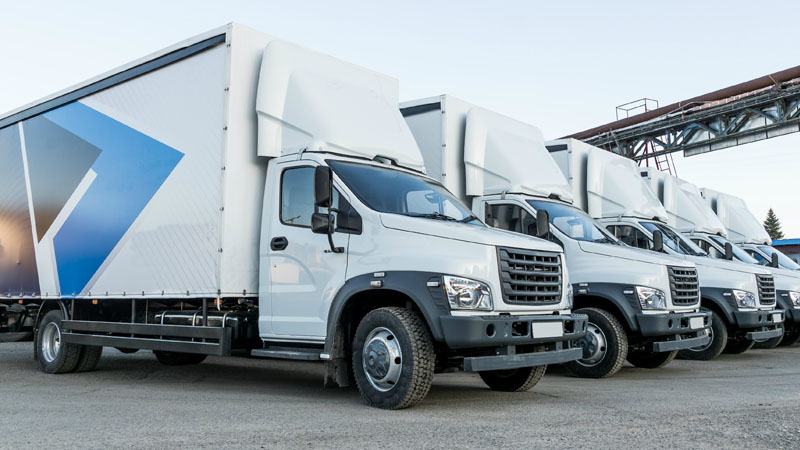Applications
FCEV UPS Pilot Project
Making zero-emission delivery trucks a reality today
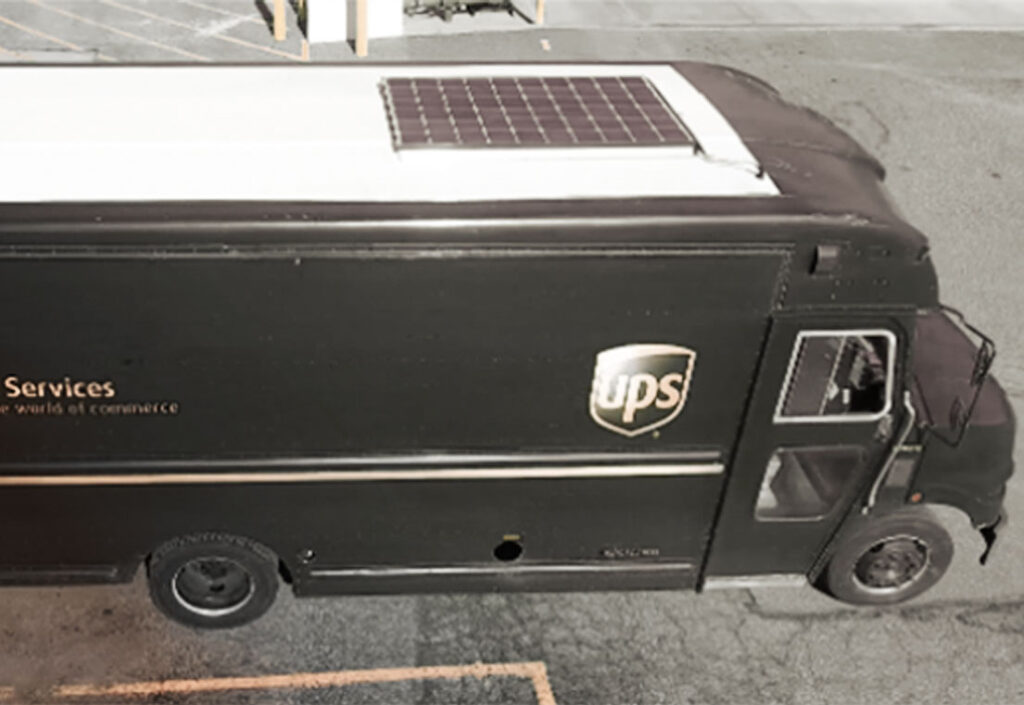
Project Details
To accelerate the transition to a zero-emission fleet, UPS turned to UES to lead a pilot project repowering their trucks with an FCEV version of our uniqueEV® platform. These trucks must be able to run their normal routes for a full day without making extra stops to recharge batteries or refill tanks. “The driver has to be able to accomplish their mission — it’s a work truck,” says UES President and CEO Joe Ambrosio.
The UES engineering team collaborated with the Center for Electromechanics at the University of Texas to integrate a hydrogen fuel-cell range extender with our control systems and drive-train components. This configuration gives the repowered FCEV trucks a range of over 150 miles without recharging or refueling.
For the pilot, UPS has provided a 2007 diesel van for conversion into FCEV fuel cell/battery hybrids. In addition to the challenge of range and refueling requirements, “right-sizing” components for the structure of a 13-year-old truck was tricky. The battery pack, fuel cell module and hydrogen tanks needed to be big enough to support the van’s operations but still fit within its existing dimensions. In its final form, the system includes a high-power, 48-kilowatt-hour battery pack that sits between the chassis frame rails, two five-kilogram hydrogen tanks saddled to the outside of the rails and a 32-kilowatt fuel cell module stored under the hood. From the outside, these trucks look like any other delivery vehicle and meet the needs of UPS drivers. The initial prototypes proved successful, and UES is currently converting additional trucks to expand the pilot and further optimize the system deployed.
In addition to market demand for clean tech, the UPS program reflects a broader push by state and federal agencies to accelerate clean energy technologies, including EV/fuel cell hybrids. The California Energy Commission, the South Coast Air Quality Management District and the U.S. Department of Energy provided funding for this project, along with project-management assistance from the nonprofit Center for Transportation and the Environment.
These collaborations, along with the successful pilot, demonstrate how UES technologies are making clean commercial transportation a reality today.
Have question or looking for a custom solution?
Our partners, grants and investments
Unique EV continues to innovate EV and Hybrid EV solutions. We partner with and have received grants and investments from the New York State Energy Research and Development Authority (NYSERDA), the U.S. Department of Energy and Atlantic Bridge Holdings. Other supporting partners include the California Energy Commission, California’s South Coast Air Quality Management District, The University of Texas at Austin, Stony Brook University and premier partner-customer UPS.
A few of our trusted partners




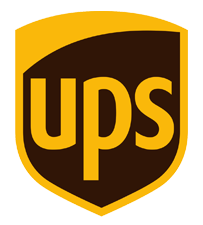
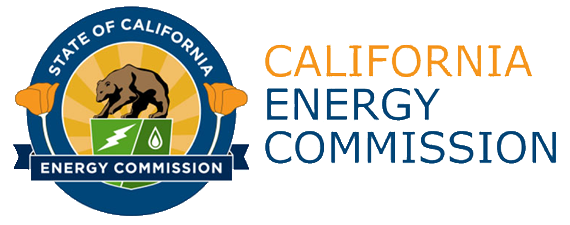


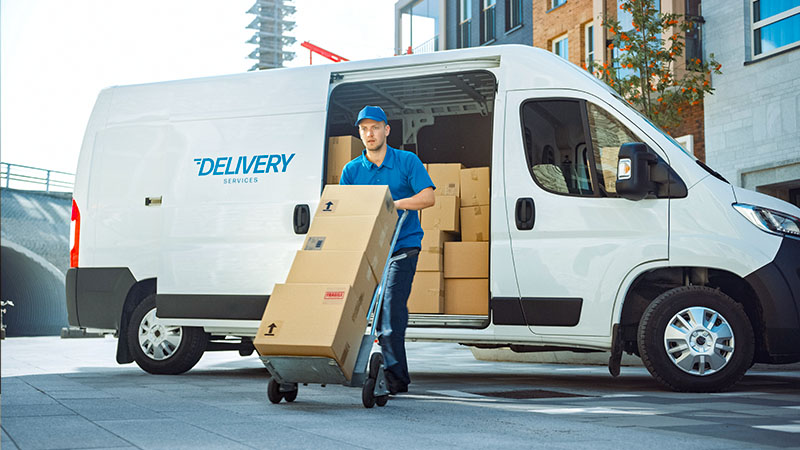
EV/HEV Commercial Vehicle Conversion
